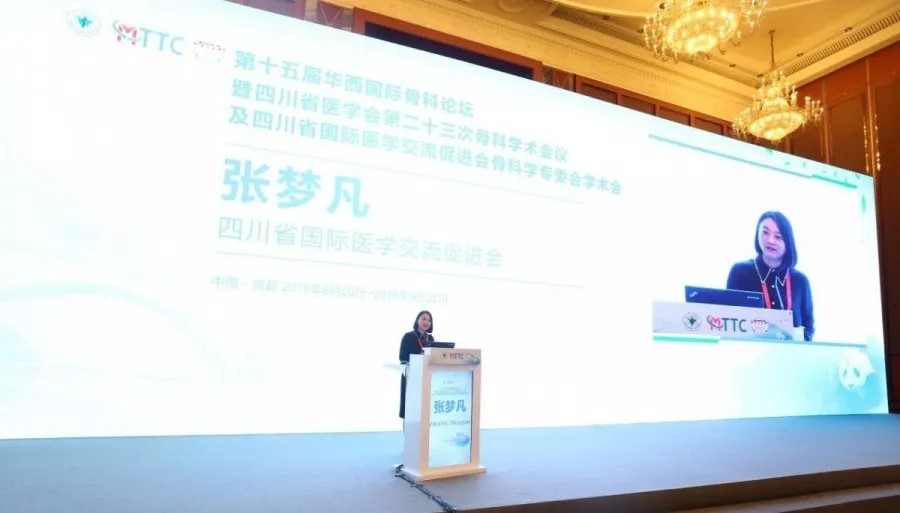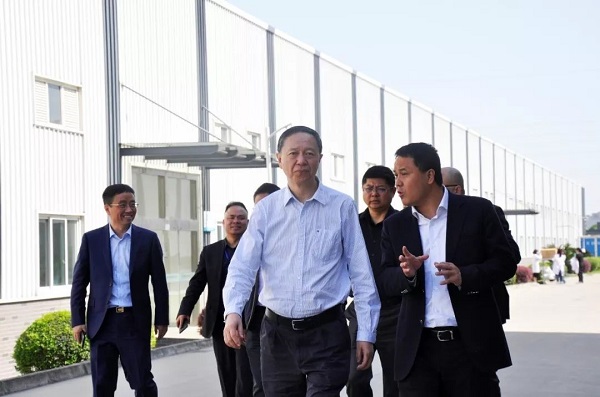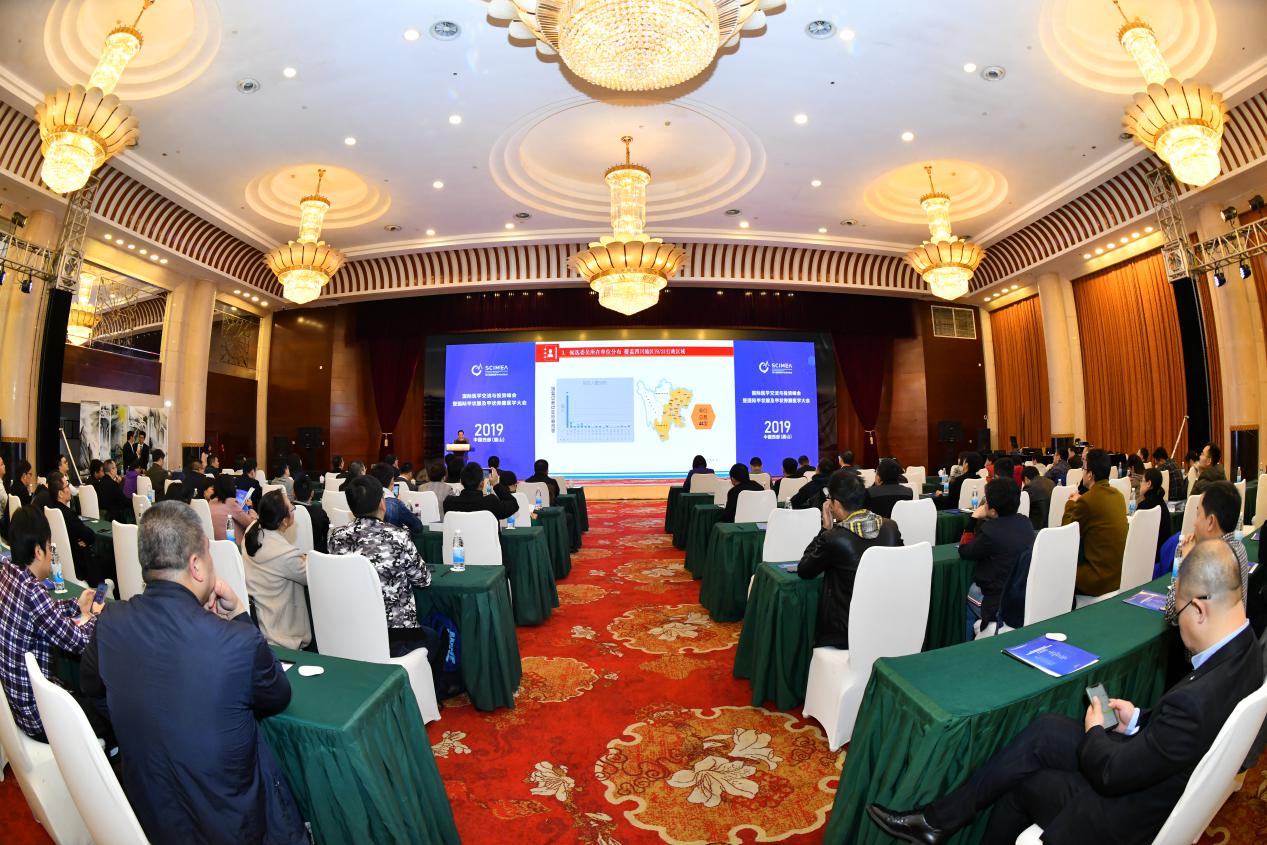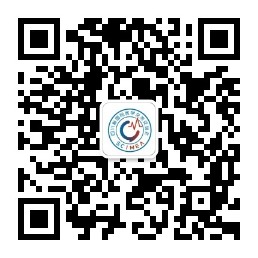The COVID-19 in 2019 is a pandemic infectious disease caused by the previously unknown SARS-CoV-2[1], where the elderly are the most vulnerable to COVID-19 infection with the highest mortality rate. Academician Weihong Song from the University of British Columbia in Canada published a prospective article in MedComm magazine published by Wiley, which summarizes some unique challenges faced by the elderly and patients with Alzheimer's Disease during the COVID-19 pandemic, and puts forward feasible strategies and methods from the medical and social perspectives to better respond to this pandemic [2]. Academician Weihong Song serves as the corresponding author and Qing Zhang as the first author of this paper.
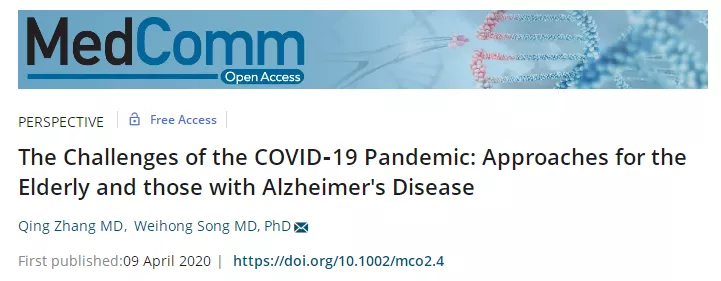
COVID-19 has become a major threat to public health worldwide, especially the health of the elderly. Statistics found that as of March 31, 2020, there were 754,948 confirmed cases worldwide [3], among which the elderly were the target of hardest hit, with the highest morbidity, the most severe symptoms, and the highest mortality. Among the 72,314 patients reported in China, the mortality rate for patients aged 70-79 was as high as 8%, and for patients over 80 was 14.8%. As of March 15, among the 1,625 people who died of COVID-19 in Italy, the proportion of elderly patients aged 70 years and over accounted for 87.9%. Aging is already the biggest factor leading to the risk of COVID-19. Similar patterns were observed in several epidemics and pandemics throughout the 20th and early 21st centuries. Therefore, in the face of the increasing threat of COVID-19, it is a top priority and a global issue that cannot be ignored regarding how to protect the most vulnerable groups, the elderly, and especially patients of Alzheimer's Disease.
The world is facing the public health challenge of an aged population. The growing elderly population not only leads to an increase in physical and mental illnesses, but also shows a significant impact regarding economy, society and public health [4]. The authors summarizes the unique features that make the elderly population and patients of Alzheimer's Disease susceptible to COVID-19 in the current situation, including life plan, access to information, geriatric medical care, mental health during pandemic, nursing and issues related to Alzheimer's Disease. Elderly people living alone may lack health-related support from the family. The elderly generally have very limited knowledge of important information sources such as the Internet and social media. They often suffer from various chronic diseases such as cardiovascular disease and diabetes, where there is a strong medical demand. There is panic and other mental issues caused by the outbreak of COVID-19 and high mortality. The author proposes some strategies to deal with these threats, such as establishing a community platform and remain aware of their daily activities, making full use of the traditional media of easy access for the elderly for timely and true information release, contactless medical services, mental state monitoring and consulting, etc. At the same time, pneumonia-related death is the number one cause of death in patients with dementia, and it is unclear whether viral infections will increase the risk of Alzheimer's Disease. Future research should focus on the potential vicious circle of infection-Alzheimer's Disease-pneumonia related deaths.
In conclusion, as a vulnerable group, the elderly face the greatest challenges brought by COVID-19 physically, psychologically, and socially. Their suffering will inevitably place a huge burden on the medical system and epidemic control. The World Health Organization "calls every country to take urgent and positive action every day." Therefore, the author calls on governments and medical systems around the world to show their concerns to the most vulnerable elderly people, especially patients with Alzheimer's Disease, and help them and the world overcome the pandemic of COVID-19.
References:
[1] Zhou P, Yang XL, Wang XG, et al. A pneumonia outbreak associated with a new coronavirus of probable bat origin. Nature. 2020; 579(7798):270-273.
[2] Qing Zhang, Weihong Song. The Challenges of the COVID-19 Pandemic: Approaches for the Elderly and those with Alzheimer’s Disease. MedComm 2020;
https://doi.org/10.1002/mco2.4.
[3] World Health Organization. Novel Coronavirus (COVID-19) Situation 2020;
https://experience.arcgis.com/experience/685d0ace521648f8a5beeeee1b9125cd. Accessed March 31, 2020.
[4] The Lancet Public H. Ageing: a 21st century public health challenge? Lancet Public Health.321 2017; 2(7):e297.

Introduction of Academician Weihong Song
Tenured professor at the University of British Columbia (UBC), academician of the Canadian Institutes of Health Research, principal researcher of Alzheimer's Disease in Canada, and special adviser for UBC president on Chinese affairs. Professor Weihong Song has achieved a number of internationally leading research results on the pathogenesis, drug development and treatment of Alzheimer's Disease and Down's Syndrome, and has published more than 100 papers in international high-level SCI journals. Academician Song is also the associate editor or member of editorial board of several international magazines. He acts as a review expert for national research foundations in Canada, the European Union, the United States, the United Kingdom, Germany, France, and Australia. Since 2001, he has been appointed by the National Natural Science Foundation of China as a specially invited overseas review expert and review team leader. He is invited to review China National Science and Technology Award and National Talent Program.



